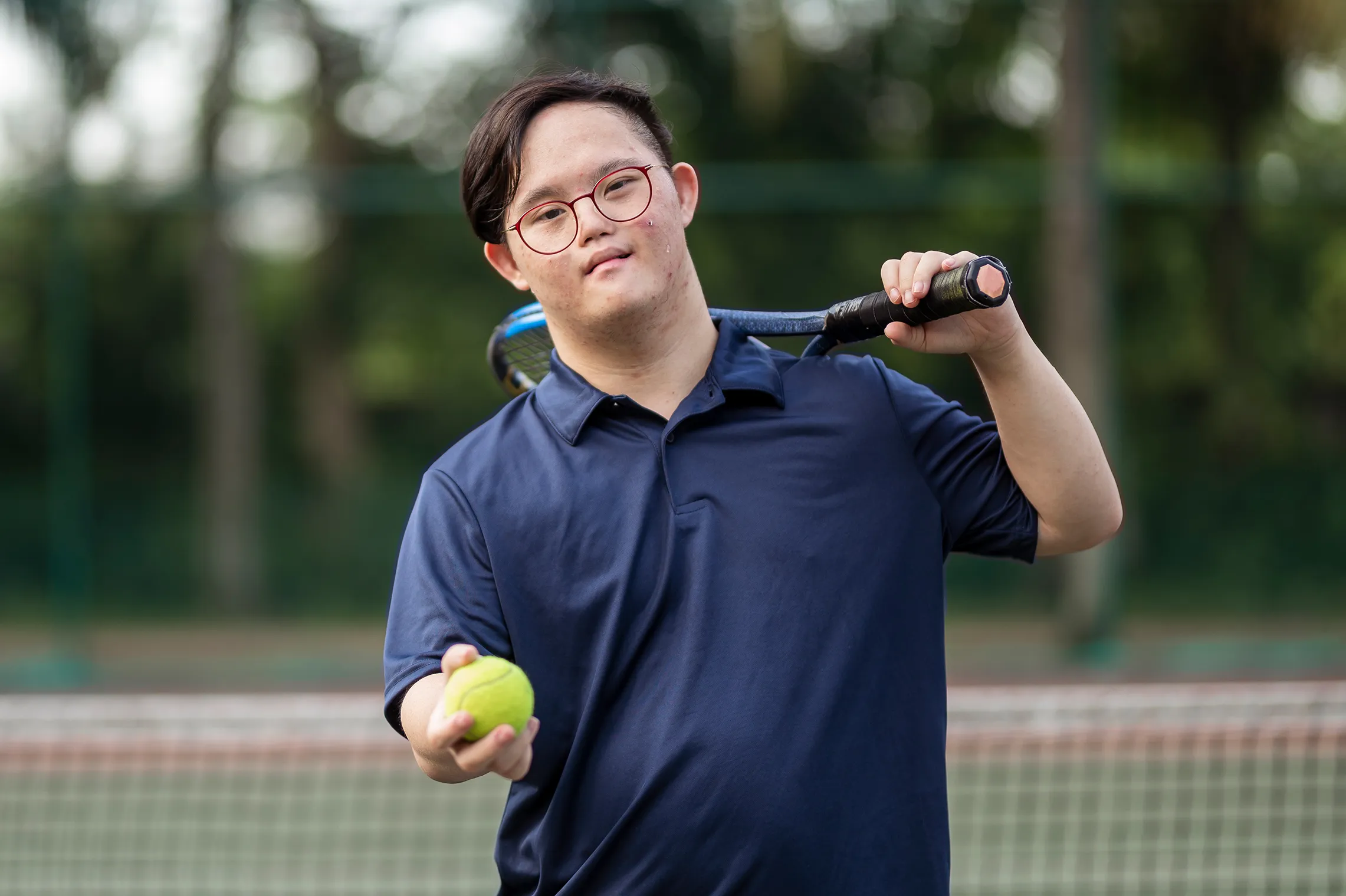
Using Social Media to Advocate for Disability Rights
Social media has become a powerful tool for advocacy, providing individuals and organizations a platform to amplify voices, share stories, and create change. For disability rights, social media is particularly impactful—it enables greater visibility for issues affecting individuals with disabilities, fosters community connections, and raises awareness about accessibility and inclusion.
In New Jersey, where diverse communities thrive, social media advocacy can play a key role in promoting disability rights and ensuring equitable opportunities. This blog will explore how to effectively use social media for advocacy, highlight local examples, and demonstrate how Kindly can support these efforts.
The Power of Social Media in Advocacy
Connecting Communities
Social media platforms like Facebook, Instagram, Twitter, and TikTok allow advocates to reach wide audiences, connect with others, and build supportive online communities. By sharing experiences, individuals with disabilities and their families can foster understanding and solidarity.
Raising Awareness
One of the greatest strengths of social media is its ability to amplify underrepresented voices. Advocacy campaigns can raise awareness about critical issues, such as the need for accessible public spaces, inclusive workplaces, or better healthcare policies for individuals with disabilities.
Driving Policy Change
Social media can also be a catalyst for policy change. Hashtags, petitions, and viral campaigns often grab the attention of policymakers, leading to discussions and reforms. Movements like #DisabilityRights and #NothingAboutUsWithoutUs have made significant strides in raising awareness about accessibility and inclusion.
How to Effectively Advocate for Disability Rights on Social Media
1. Choose the Right Platform
Each social media platform has unique strengths, so selecting the right one depends on your goals:
- Twitter: Ideal for quick updates, engaging in conversations, and using trending hashtags.
- Instagram and TikTok: Perfect for sharing visual content like infographics, personal stories, and videos.
- Facebook: Great for building communities and sharing detailed posts with resources and event updates.
Pro Tip: Utilize accessibility features like alt text for images and captions for videos to ensure your content is inclusive.
2. Leverage Hashtags and Trends
Hashtags make your posts discoverable to a broader audience. Use popular disability advocacy hashtags such as:
- #InclusionMatters
- #AccessibilityForAll
- #DisabilityAwareness
Local hashtags like #NewJerseyAdvocacy can help connect with communities in your area.
3. Share Personal Stories
Authentic, personal stories are among the most powerful tools for advocacy. Sharing experiences—whether it’s overcoming accessibility barriers, celebrating achievements, or highlighting challenges—helps humanize the issues and resonate with a larger audience.
4. Collaborate with Local Organizations
Partnering with local disability advocacy groups can amplify your reach and strengthen your message. In New Jersey, organizations like The Arc of New Jersey and Disability Rights New Jersey are active on social media and can be valuable allies in your advocacy efforts.
5. Engage with Your Audience
Engage with comments, respond to questions, and share content from others to build a sense of community. Interaction fosters trust and encourages others to join the cause.
Local Insights: Social Media Advocacy in New Jersey
New Jersey has a thriving online advocacy presence, with local groups and individuals using social media to promote inclusion and accessibility. For example:
- NJ Transit frequently updates its social media channels with accessibility improvements and resources.
- Autism New Jersey uses social media to share events, policy updates, and success stories.
Families and individuals can use these channels to stay informed, share their experiences, and advocate for change within the state.
How Kindly Supports Social Media Advocacy
At Kindly, we understand the importance of amplifying voices and promoting inclusion for individuals with disabilities. Our team helps families navigate resources, connect with advocacy organizations, and learn how to effectively use social media for change. Whether you need guidance in crafting your message or finding local groups to collaborate with, Kindly is here to support your advocacy journey.
Join the Conversation and Make an Impact
Social media offers an incredible platform to advocate for disability rights, connect with others, and create meaningful change. By sharing stories, leveraging hashtags, and engaging with the community, you can help build a more inclusive world.
If you’re ready to start or strengthen your advocacy efforts, Kindly is here to help. Contact us today to learn more about how we can support you and your family in making an impact. Together, we can ensure that every voice is heard and every individual is valued.





